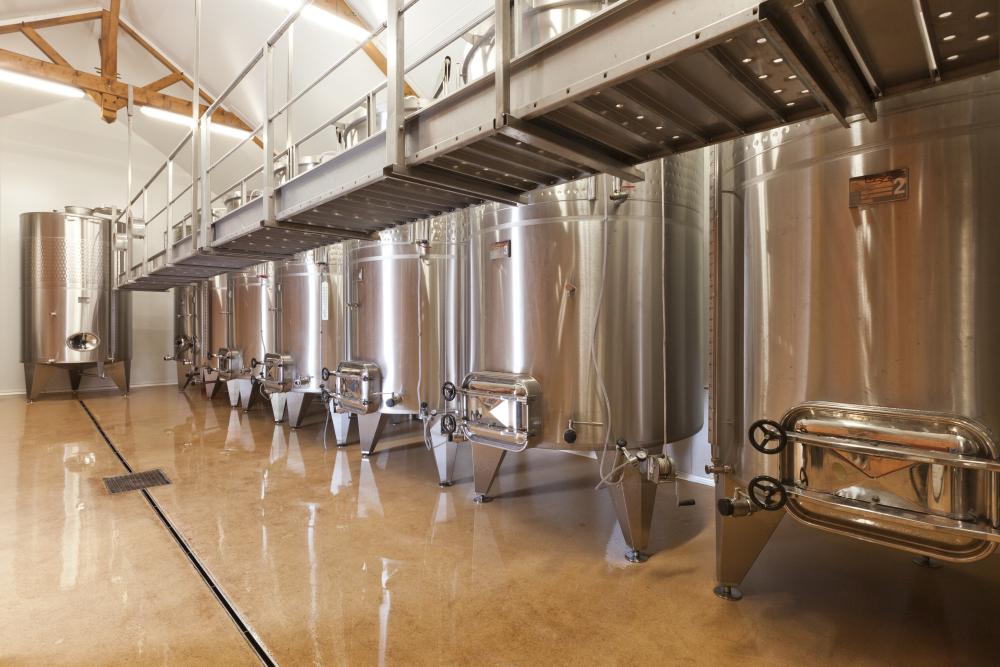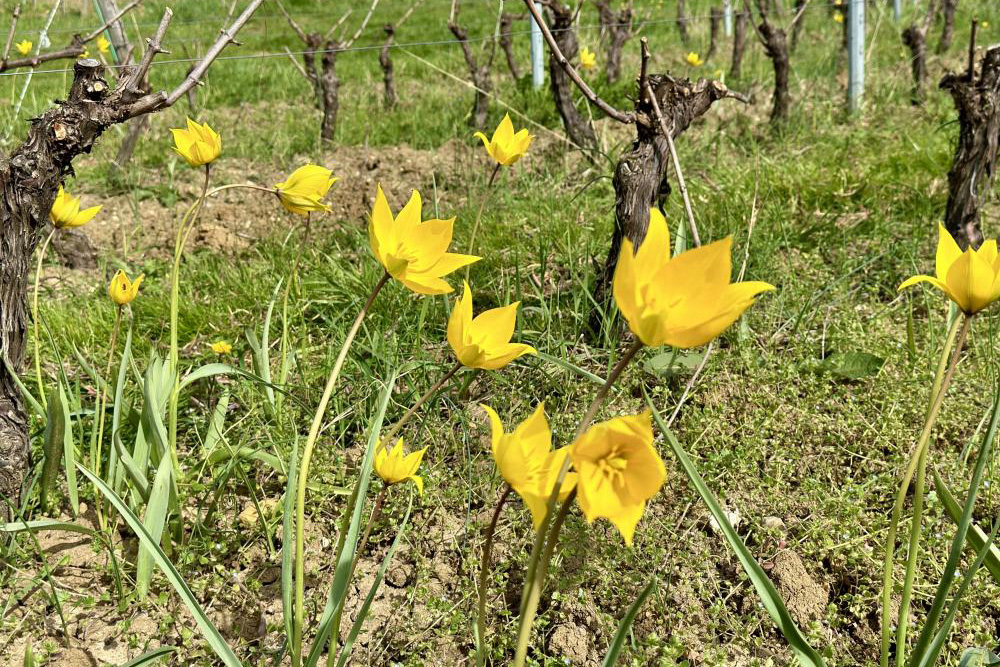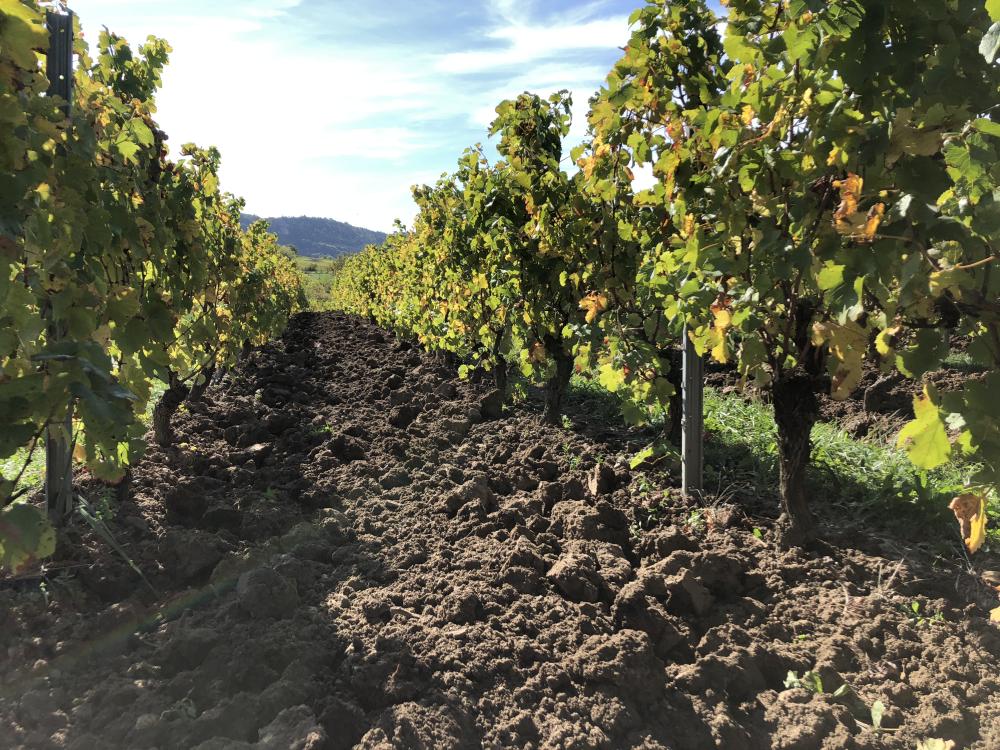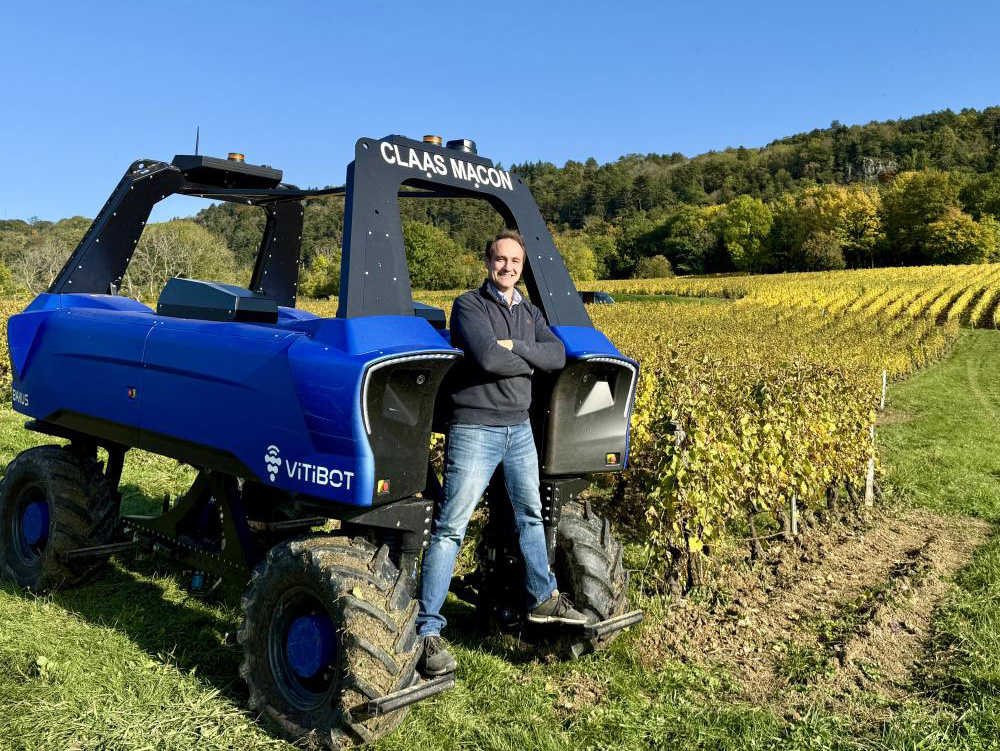Know-how
Our know-how
Our cellars
The estate and buildings have evolved over time. The winery is equipped with stainless steel tanks that allow for high-quality winemaking, both through precise temperature control and maceration. The aim is to have tools that allow for precise and rigorous winemaking, but without unnecessary embellishment.


A vineyard and wines certified organic
The vineyard receives meticulous care. Mechanical soil work from spring to autumn, the use of green manure, and cover cropping between the vine rows—everything is done to ensure that the vines are cultivated in harmony with the environment. Organic certification is part of a comprehensive approach aimed at guaranteeing the sustainability of this noble and demanding crop, committed to a long-term vision.


A wine ethic
The estate must make choices regarding the challenges of a viticulture committed to the future: climate hazards exacerbate soil erosion, weaken the recovery of young vines, and stress ecosystems. Therefore, every other row of vines is planted with grass to maintain a plant cover that retains moisture during heat waves, protects the rows from severe frosts, and also facilitates work throughout the year.


Traditions and modernity
Cultivating vines organically means repeating age-old, arduous tasks season after season, but also innovating with new tools, always striving to respect the vines and their environment. Making the most of nature means protecting ecosystems by prioritizing biodiversity in the soil and within the vineyard itself. To achieve this, the Domaine employs a variety of gentle methods, from biodynamic practices to the use of Vitibot, a pioneering French autonomous electric robot that enables silent soil work with a lower carbon footprint. It reflects the Domaine's commitment to demanding and sustainable viticulture.


